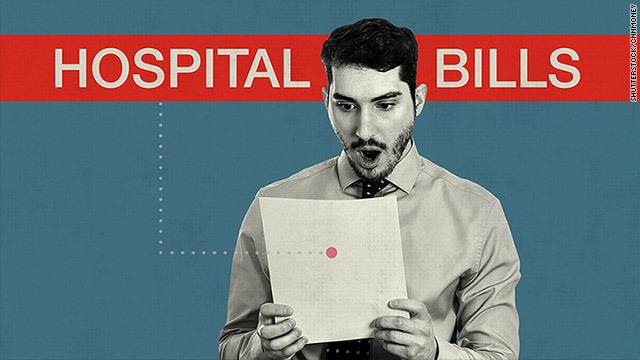The Cat’s Out of the Bag on the True Costs of the Healthcare Reform Bill
April 28, 2010Belief in God Relieves Depression
April 28, 2010My dear friend, Al Weir, MD, is an oncologist in Memphis, TN. He has served in Africa as a missionary and served with the Christian Medical Association. He’s just written a wonderful devotional called, “Bedside Economics” It is based upon Psalm 106:3, “Blessed are they who maintain justice, who constantly do what is right.” Al’s writings alway provoke me to deep contemplation. None moreso than this one:
He was an oncologist transplanted from the Caribbean to Canada where he worked in a small British Columbia city. We sat beside each other at a medical meeting and began to discuss the economics of healthcare in both his country and mine.
In discussing a given treatment regimen, both effective and approved for use, he made the statement, “Those drugs are too expensive for the 5% of people whom thy actually save, so I don’t use them.”
In the midst of our national healthcare reform discussion we are all aware of the cost of healthcare. Healthcare costs too much for many of our patients and for our country’s economic health. Sometimes in our discussions, and even in our practice decision making, we may confuse the macro economics of patient care with the economics of caring for the individual patient who is sitting in front of us.
The cost of care in each is extremely important, but the doctor’s considerations in each are quite different. As doctors, we do have a special level of understanding of the healthcare arena and thus have a responsibility to inform the national debate regarding the expenditure of healthcare dollars. We should enter this debate publically without the bias of personal gain and seek to maximize both good for patients in general and for our nation as a whole.
However, when we face our individual patients with diagnostic and therapeutic decision making, our concerns are modified.
We, as Christian doctors, understand that we have a covenant relationship with our patients in which they offer their trust and compliance, while we offer our full dedication to their benefit, unaffected by our desire for personal gain. Actually, we have a three way covenant relationship since our Lord is partnering with us in their care, increasing our concern for the good of the patient and adding the commitment that our care should point towards Him.
This covenant relationship should lead to at least three defining questions each time we present our patients with diagnostic or therapeutic options:
- Which approach provides the greatest benefit for this patient, both toward his/her stated goals and toward my understanding of their best good?
- Which approach harms my patient least economically?
- Am I certain that my recommendations are not distorted by personal gain?
I have discovered in my own practice that when I fail to ask these questions, I will drift toward my natural desire for personal fulfillment, which may not be the best way to show God’s love for my patient.
Dr. Weir then offers this prayer, one that I prayed today:
Dear God, please let me always put the good of my patients first so that Your reflection from my life may not be distorted by the economics of their care. Amen.




0 Comments
I loved the part about “we have a covenant relationship with our patients!” I remember two young doctors-in-training who once said they would have two waiting rooms: one for believers who wanted to be prayed for first, and another for those who did not.
Through all our illness and doctors’ care, we must know that The Great Physician is in control, and trust Him.